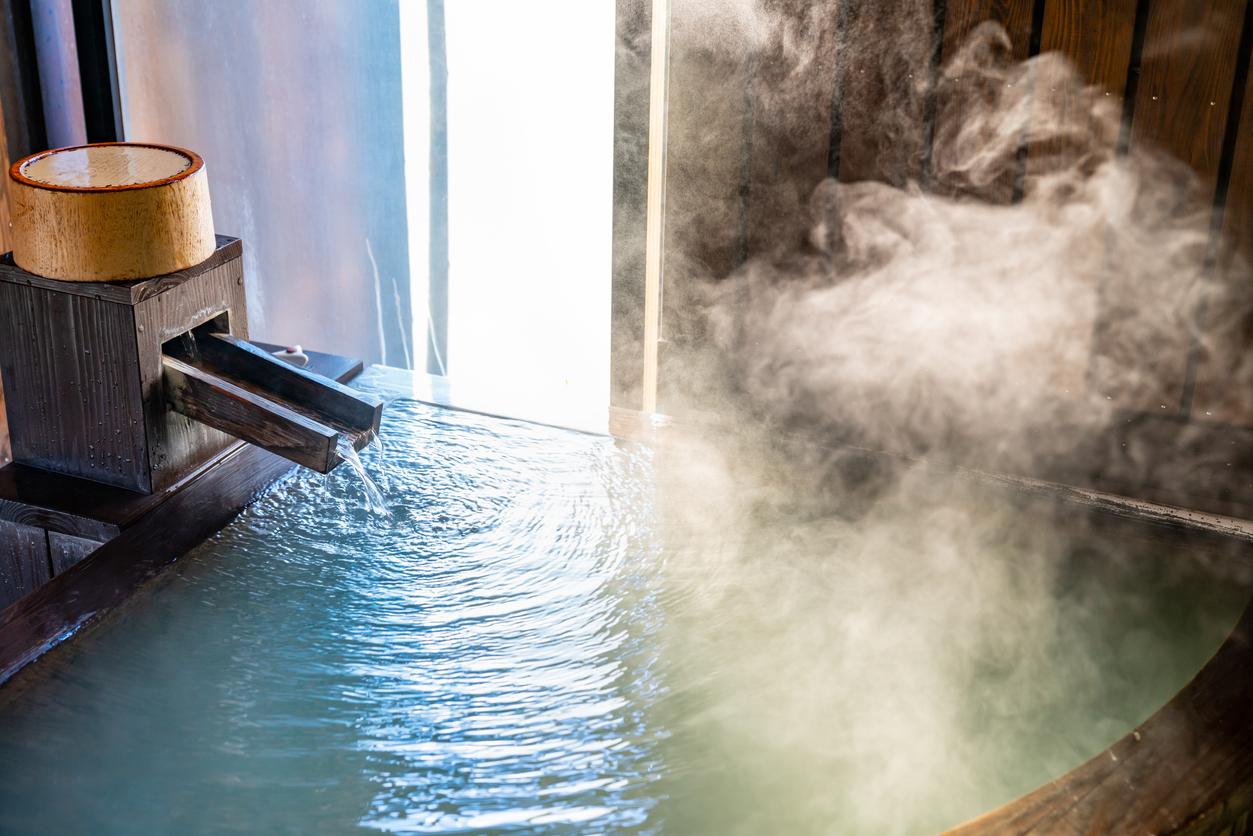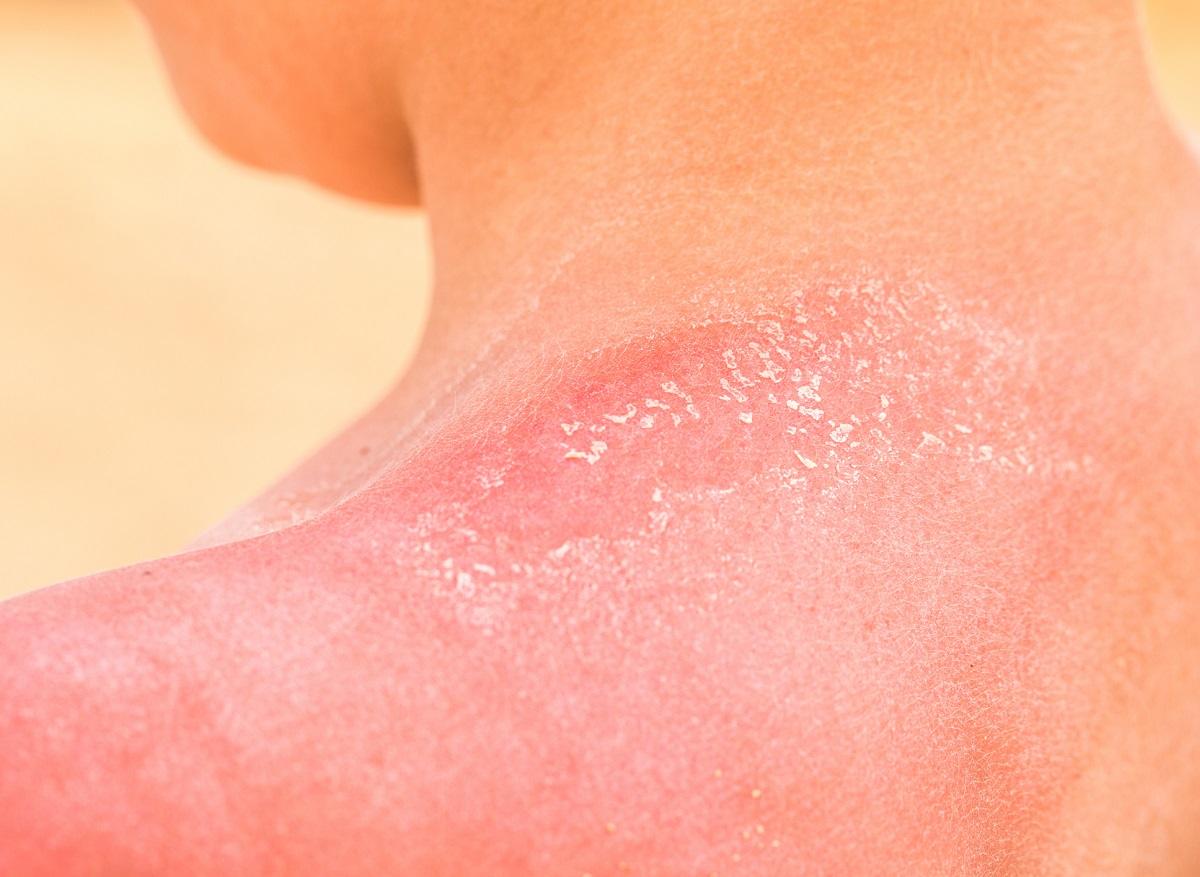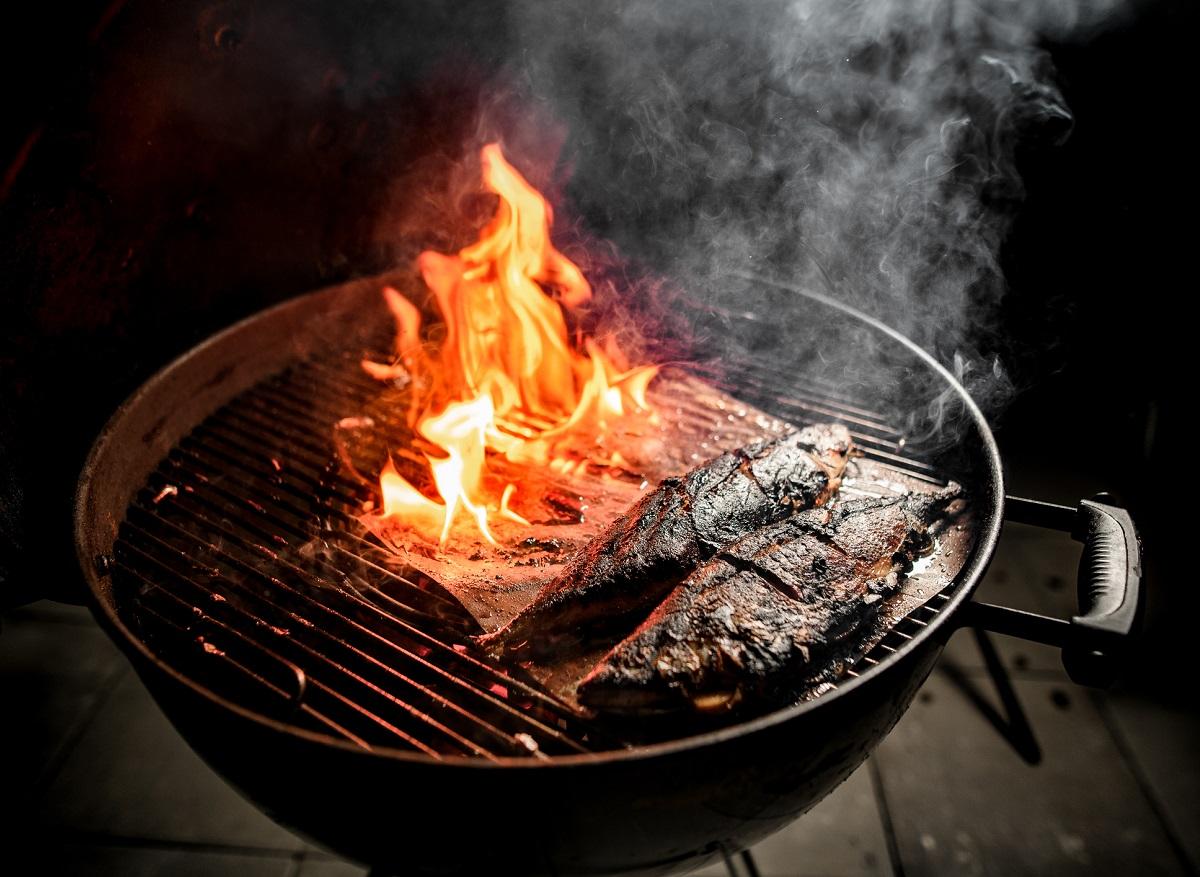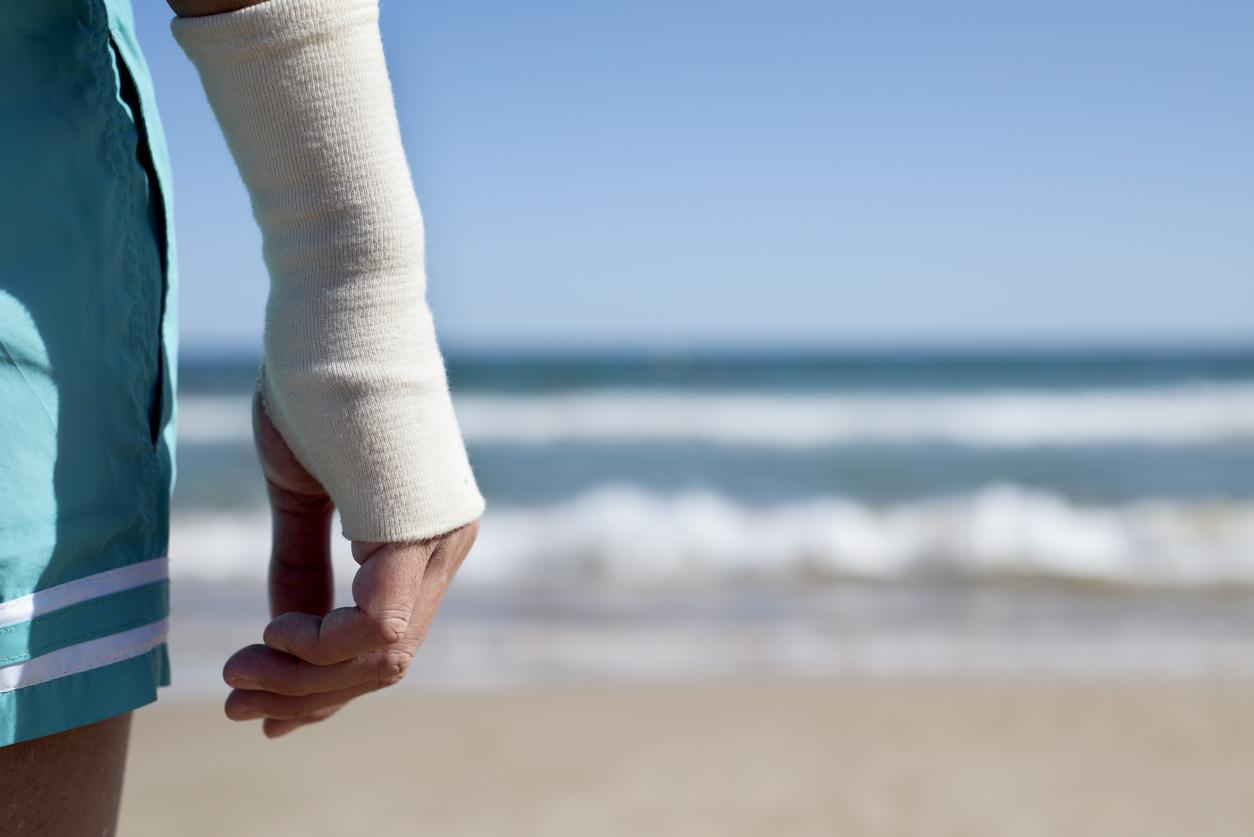After a particularly mild end to the year 2022, the cold is back this week throughout France. This Tuesday,nineteen departments are even in “snow-ice” alert. Aube, Côte-d’Or, Haute-Marne, Yonne, Cantal, Lozère, Ain, Haute-Savoie, Savoie and Isère have been joined by Vosges, La Haute -Saône, the Doubs, the territory of Belfort and the Haut-Rhin.
20 departments in Orange pic.twitter.com/iJyoNR8fXL
— VigiMeteoFrance (@VigiMeteoFrance) January 17, 2023
To protect yourself from the cold, nothing beats common sense! Wearing several layers of thin, warm clothes is better than one big sweater. Or comfort yourself with hot drinks and soups.
Yes, we burn more calories
If the shortening of the days, the lack of light and the cold depress you, know that the winter season does not have only disadvantages. There is an idea that the cold will burn more calories. True, say experts. “The body will burn calories to be able to regulate its temperature in the face of the cold”, says Doctor Laurent Chevallier, nutritionist.
This is a phenomenon called thermogenesis. In humans, regardless of the outside temperature, that of the body varies from 36.5°C to 37°C. This average stays in place thanks to a system of thermoregulation that makes us expend about 150 calories a day. When the air is cold, our metabolism struggles to keep our body at 37°C, which therefore leads to an increase in the number of calories burned.
But no, we don’t lose weight…
But be careful, from there to conclude that the cold makes you lose weight, there is a step not to be taken. Winter is not going to eliminate your superfluous kilos by miracle. For the difference to be seen on the scale, it is essential to accompany this loss of calories with a healthy eating practice. “The number of calories burned is still negligible, so it would be fanciful to turn off the heating and imagine that we will find a slender silhouette”, says the specialist.
To lose weight, repeat the basic principles that everyone knows: eat everything in small quantities, respect a balanced diet and move regularly.
Beware of those who would be tempted to continue jogging during periods of freezing cold. This increases the heart rate. However, for people who are fragile or not accustomed to a sporting activity, there may be risks for the heart. It should be noted that the cold tires us and makes our body fragile, which means that it exposes us to external aggressions and therefore to diseases. To protect yourself, you have to watch your plate by filling it with vitamin-rich fruits and vegetables various and slow sugars which will provide us with energy: pasta, rice, potatoes, etc..
Thanks to Dr Laurent Chevallier Nutritionist doctor in Castelnau le lez and author of “So we eat what” at Fayard.
Read also:
- Cold snap: is it good or bad for the body?
- Should we eat more (and more fat) when it’s cold?
- What do we put on our plate to boost our immunity?
















